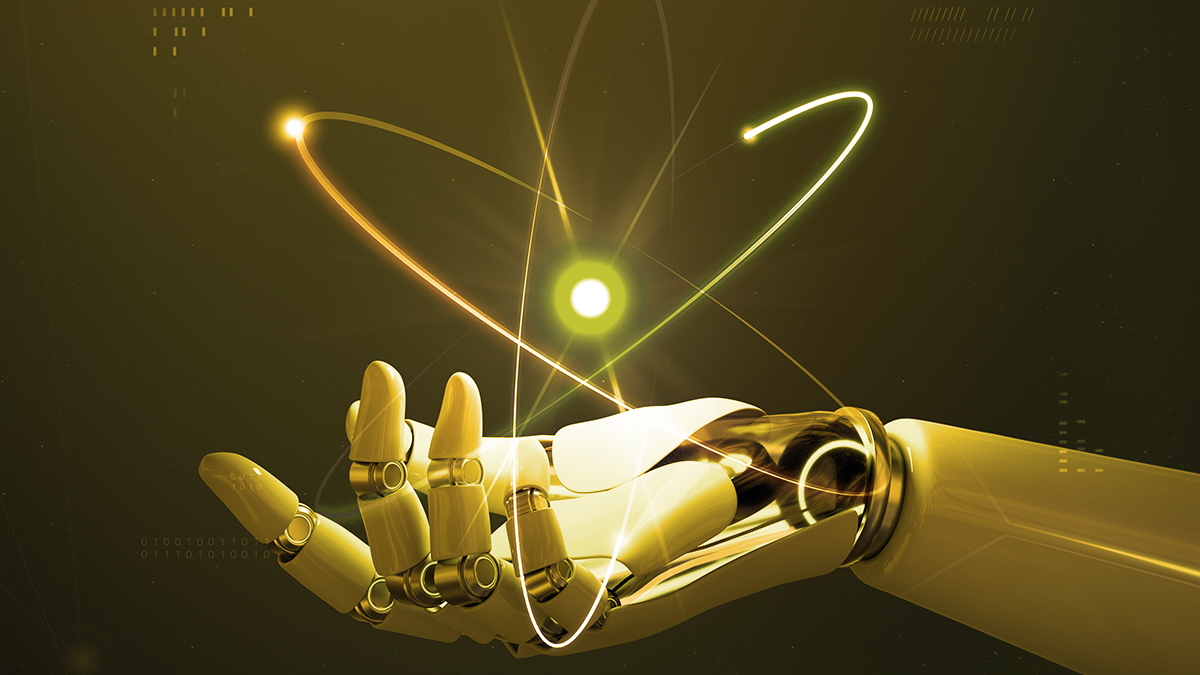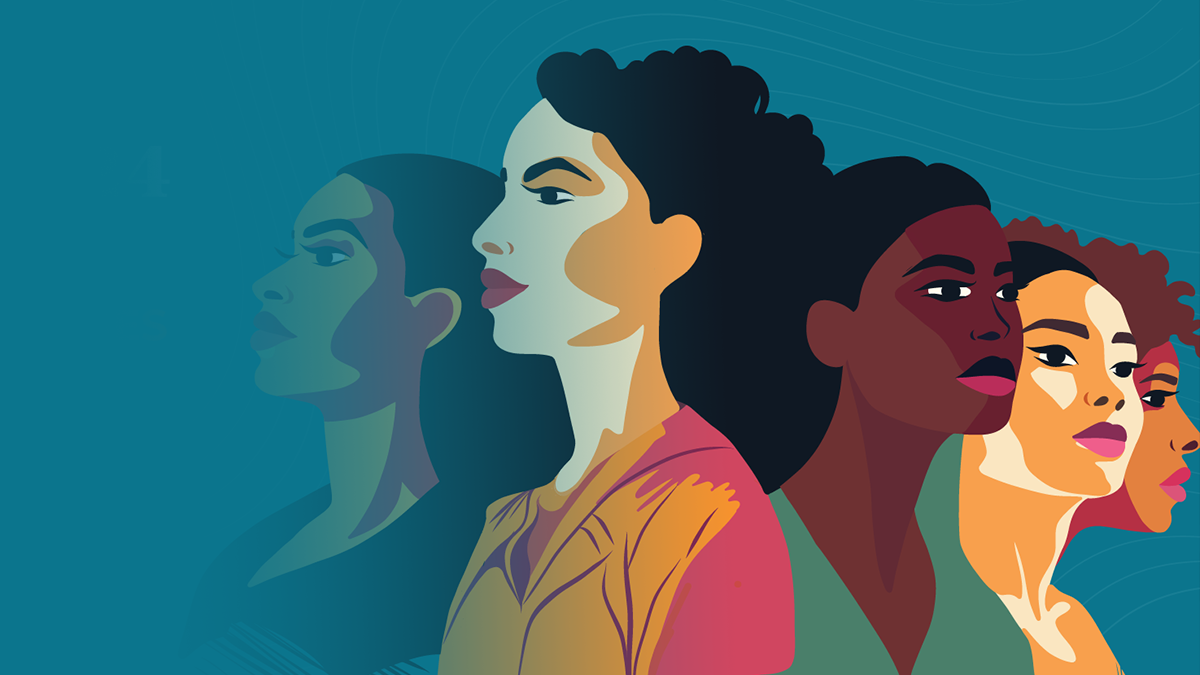
Offices have been abuzz since many professionals discovered ChatGPT, which has become a go-to resource for many professionals looking to streamline their writing process, save time and generate quality content. In today’s fast-paced world, people are looking for ways to save time and automate tasks. With the advancement of language models, there are now AI-powered writing tools like ChatGPT that can generate written content at a speed faster than a human. With this development, there is a growing concern among content writers that their jobs may be at risk. But is that really the case? In this article, we will delve into ChatGPT’s shortcomings and strengths to understand why content writers have nothing to fear.
Lack of Personal Touch
While ChatGPT may be able to produce well-written articles on a wide range of topics, the content often lacks the nuance and creativity that sets great writers apart. This is because artificial intelligence lacks the emotional connection, and life experiences that are key components of compelling content. In a test, when asked to write a short story about a cat in a hat, the output was lacking in many of the elements that make a good story, such as world-building, character development, and a satisfying narrative structure. Ultimately, the unique human qualities of creativity and nuance are essential for truly outstanding writing, and AI is not yet capable of replicating these qualities.
Why does Human Creativity Matter? Reflecting on a formative experience as a child reading the first Harry Potter novel, it is clear that some works of fiction simply transcend the capabilities of AI. The richness of characters, compelling plotlines, and unique blend of whimsy and darkness in the Harry Potter series are a testament to the skill and creativity of human authors. These elements elevate the series to a level that few books can match and continue to set a high bar for the written word.
Staying Up to Date: A Challenge for AI-Powered Writing
The current capabilities of ChatGPT are limited to information available up until 2021. This presents a challenge for writers seeking to produce fresh and relevant content for their audiences. Keeping pace with current events and incorporating topical information is crucial for maintaining audience engagement and fortifying arguments in writing. However, this is made difficult with the limited information available to AI-powered language models like ChatGPT.
The importance of staying current cannot be overstated in the world of content writing. Audiences have come to expect a certain level of timeliness and relevance in the information they consume. As such, it’s crucial for writers to stay abreast of current events and trends, and seamlessly incorporate them into their work. The human touch that comes with writing is what sets it apart from machine-generated content and makes it more appealing to readers. The ability to understand current events, cultural trends, and popular sentiments is what gives writing depth, nuance, and impact. Whether it’s through research or lived experience, staying up-to-date is a critical aspect of producing content that connects with audiences.
Challenges with Repetition in AI-Generated Content
As a writer, you want to ensure the content you present is fresh and engaging. However, ChatGPT has limitations in avoiding repetition and overuse in its generated content. The most effective way to utilize its capabilities is by using it as a tool to enhance pre-written content, or by writing a rough draft and refining it with the help of ChatGPT. By doing so, you can present unique and compelling information to your audience.
Maximizing ChatGPT’s Potential
ChatGPT can be a valuable asset for writers looking to streamline their work and overcome writer’s block. However, it is important to remember that relying solely on AI-generated content can result in lackluster writing. To truly maximize ChatGPT’s potential, it should be utilized as a tool to enhance pre-written content or as a writing aid during the creative process, rather than a replacement for human creativity and originality.
Article by Katherine Keango
Would you like to share an article? Write to us at sbscommunication@strathmore.edu
Share This Story, Choose Your Platform!
Your journey to business excellence starts here. Subscribe today and be at the forefront of innovation and leadership.








